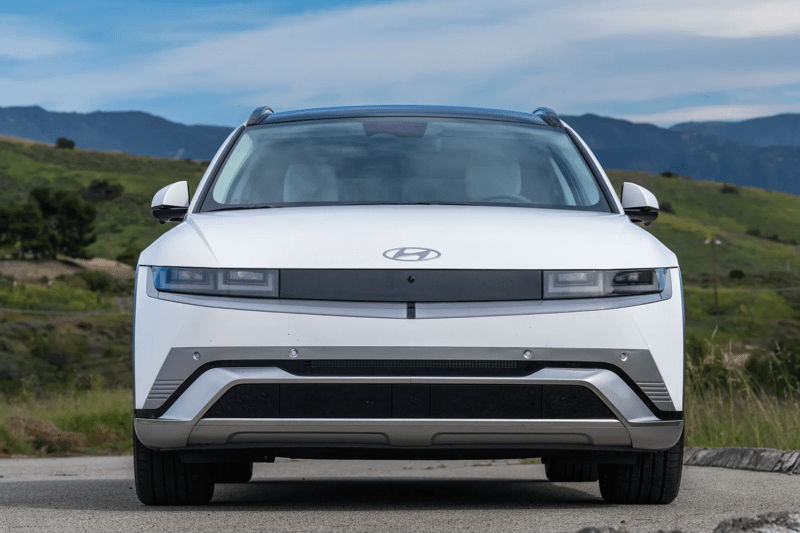Automakers are taking a beating on customer privacy issues. The latest to land a punch? A pair of U.S. senators.
Sens. Ron Wyden (D-OR) and Edward Markey (D-MA), in a letter, have asked the Federal Trade Commission to “investigate major automakers for breaking a pledge to protect their customers’ location data.”
The pair claim that Toyota, Nissan, Subaru, Volkswagen, BMW, Mazda, Mercedes-Benz, and Kia broke a promise to protect driver data.
Your Car Tracks Where You Go
Many of today’s cars collect telematics data. That information can include a car’s location, mileage, speed, and sudden acceleration or hard braking incidents.
Many automakers (including those eight) are members of a trade group, the Alliance for Automotive Innovation. In 2014, Alliance members signed on to a voluntary pledge called “the Consumer Privacy Protection Principles.” One of those principles includes a promise that any government request for driver data “must be in the form of a warrant or court order, absent exigent circumstances or applicable statutory authority.”
Yet, Wyden and Markey say, the eight companies they cite “all confirmed that they will disclose location data to U.S. government agencies in response to subpoenas, which do not require a judge’s approval.”
The Latest in a Series of Privacy Alarms
The news comes after General Motors shuttered a program that collected driving data and sold it to insurance companies. GM apologized and hired the auto industry’s only chief trust and privacy officer to overhaul its privacy practices.
The Mozilla Foundation, a privacy research group, investigated car privacy for the first time last year. The group called cars “the official worst category of products for privacy that we have ever reviewed.”
Researchers found that many automakers reserved the right to collect and sell data from cars and phones connected to them. Owners often consented to the practices in paperwork signed as part of a car sale. However, Subaru’s policy even specifies that passengers consent to data collection just by entering a car.
The senators asked the Federal Trade Commission to investigate automakers’ privacy practices. The FTC has spent much of the last year renewing scrutiny of the auto industry. The commission plans a set of rules restricting what fees dealerships can charge and how they can advertise prices, though the rules are currently on hold due to a lawsuit from several dealership groups.
Automakers Dispute the Claim
Automakers dispute the senators’ characterization.
Brian Weiss, a spokesperson for the Alliance for Automotive Innovation, told industry publication Automotive News that “vehicle location information is only provided to law enforcement under specific and limited circumstances, such as when the automaker is provided a warrant or court order or in situations where there is an imminent threat of serious bodily harm or death to an individual.”
Not every automaker earned Wyden and Markey’s ire. The senators noted that GM, Ford, Honda, Stellantis, and Tesla all lived up to their pledge of requiring a court order to disclose data. “Only Tesla notifies auto owners about government demands,” they added.








